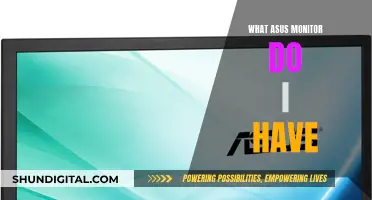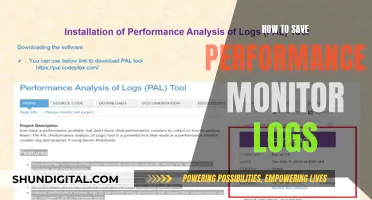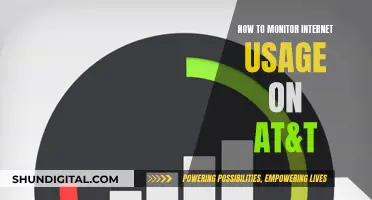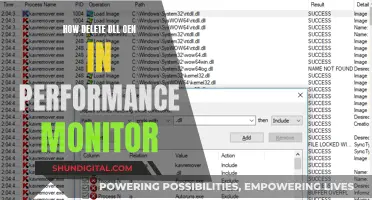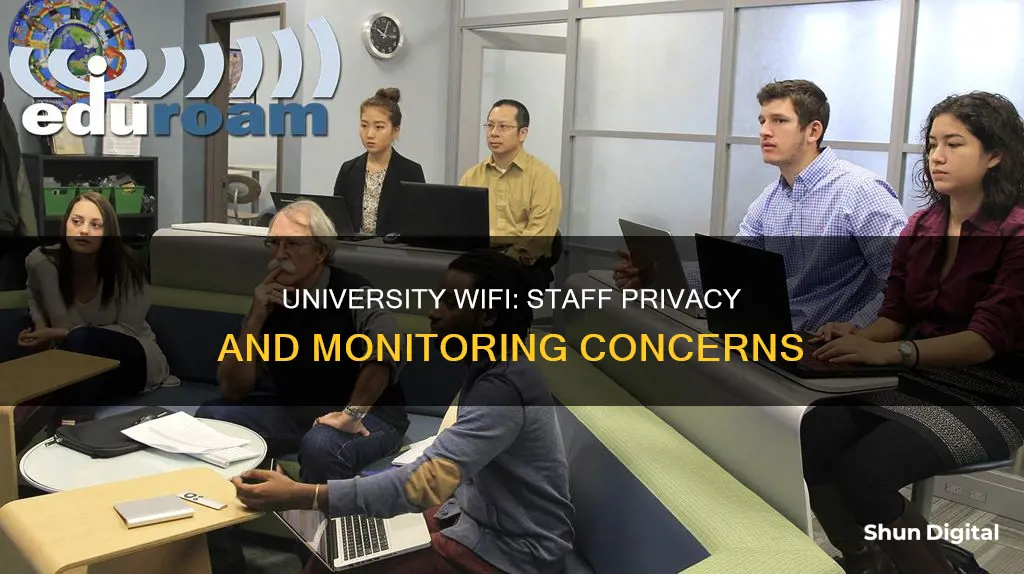
Universities and colleges can monitor staff and student WiFi usage, and they often require users to sign a “terms of use” agreement before connecting to their wireless network. This agreement typically includes a clause stating that the institution reserves the right to monitor internet usage, including history, searches, bandwidth used, and website visits. While this monitoring may be invasive, universities justify it as a way to keep disruption to a minimum, discourage bullying, and ensure students are not misusing their time online. Additionally, universities can track staff and student locations through their WiFi-connected mobile phones, allowing them to identify the exact room they are in. This technology could potentially be used to track individuals and monitor the amount of time they spend on campus. While there are laws in place, such as the Wiretap Act and Computer Fraud and Abuse Act, that protect privacy even on public WiFi networks, it is still advisable to take precautions to secure your online activity and personal information.
| Characteristics | Values |
|---|---|
| Can universities monitor staff WiFi usage? | Yes |
| Is it legal? | Yes |
| Is it practical? | No |
| What can they track? | Usage, individual IPs, sites browsed, how long each IP is on the network, location, type of connection, search history, bandwidth used, device type, operating system, etc. |
| What can't they track? | Passwords (unless otherwise stated) |
What You'll Learn
- Universities can track staff's location through their Wi-Fi-connected phones
- They can also see what staff are doing online, including their search history
- Staff members' personal conversations cannot be accessed
- Universities can monitor staff's usage of file-sharing sites and streaming services
- Staff can use a VPN to hide their internet activity from the university

Universities can track staff's location through their Wi-Fi-connected phones
Universities can track the location of staff through their Wi-Fi-connected phones. When connected to a university's Wi-Fi, your device is vulnerable to snooping by the IT team. They can see what sites are being visited and when. If a website does not use HTTPS, university staff can even see which parts of a website or service are being viewed.
In Australia, several universities have been found to track the movement of students through their Wi-Fi-connected mobile phones. They can pinpoint the exact room a student is in. While this technology is currently only used to track the movement of students in general, it could be expanded to identify activity on an individual level. For example, a university could check how much time a staff member is off campus and reflect that in their performance review.
When combined with CCTV surveillance, a university can determine a staff member's physical location at all times. This is a significant invasion of privacy.
Universities can also monitor the types of connections staff make, such as web browsing, gaming, BitTorrent, and streaming. They can also see what operating system a staff member is using and what kind of device they have.
However, there are laws in place to protect privacy, even when accessing a public Wi-Fi network. The Wiretap Act prohibits anyone from wiretapping or eavesdropping on conversations without consent. This means that a university cannot access personal conversations, even if a staff member is connected to the school network. The Computer Fraud and Abuse Act also prohibits anyone from accessing a staff member's computer, phone, or laptop without approval.
To protect your privacy, you can use a VPN to hide your internet traffic from university Wi-Fi admins. You can also regularly clear your cookies and browsing history, or use your own network instead of the university's Wi-Fi.
Taiwan's Utilities: Monitoring Residential Peak Usage?
You may want to see also

They can also see what staff are doing online, including their search history
University staff are often required to sign a "terms of use" agreement before connecting to the wireless network. In most cases, these agreements state that the university reserves the right to monitor internet usage, including history, searches, bandwidth used, and website visits. This means that by signing the agreement, staff members give the university legal access to their data.
University networks can track when a user is on the network and every place they connect to the Wi-Fi from. They can also track different types of connections, such as web browsing, streaming, and more. In addition, they can see the different loads on each access point or router, track usage, including individual IPs, and see what sites are being browsed and for how long.
University staff who connect to the school's Wi-Fi add an extra potential snooper into the picture. The IT team can see what sites are being visited and when. If a staff member visits websites that don't use HTTPS, staff can even see which parts of a website or service are being viewed. If the website has HTTPS enabled, they will only be able to see the domain name.
It is important to note that there are laws in place that protect privacy, even when accessing a public Wi-Fi network, such as the Wiretap Act and the Computer Fraud and Abuse Act. The Wiretap Act prohibits wiretapping or eavesdropping on conversations without consent, while the Computer Fraud and Abuse Act prohibits accessing computers, phones, or laptops without approval.
How Do Apartments Monitor Water Usage by Each Unit?
You may want to see also

Staff members' personal conversations cannot be accessed
Additionally, the Computer Fraud and Abuse Act prohibits unauthorised access to computers, phones, and laptops. This means that universities cannot legally access staff members' devices without their consent. While universities may require staff to sign a "terms of use" agreement that includes the right to monitor internet usage, they are still bound by these laws that protect privacy.
It is important to note that universities can track when and where staff members connect to the WiFi network and the types of connections used, such as web browsing, streaming, and more. They can also see the websites visited and, in some cases, the specific pages or services accessed within those websites. However, they cannot access personal conversations without consent.
To protect their privacy, staff members can use a Virtual Private Network (VPN) to encrypt their internet traffic. While universities can detect the use of a VPN, they cannot see the specific websites or online activities. Regularly clearing cookies and browsing history can also help to protect privacy.
In summary, while universities can monitor staff WiFi usage to an extent, they cannot access staff members' personal conversations without consent. This is protected by law, and there are measures staff can take to further protect their privacy, such as using a VPN or their own network.
Colleges Monitoring Student Online Activity: Is Privacy Invasive?
You may want to see also

Universities can monitor staff's usage of file-sharing sites and streaming services
Universities can monitor their staff's usage of file-sharing sites and streaming services. While connected to the university's Wi-Fi, staff members' web browsing history, including the types of websites they visit, can be tracked. This includes file-sharing sites and streaming services.
Unencrypted traffic, such as normal internet traffic where websites begin with HTTP, can be tracked and viewed by the university's IT department. Most university networks can also track encrypted traffic, although they may not be able to see all the data sent and received. This means they can see which sites are being accessed, for how long, and the type of traffic.
In addition to monitoring internet activity, universities can also track the usage of specific applications, such as streaming services, and file-sharing platforms. This is often done through classroom management software installed on university-owned devices or via proctoring apps on personal devices.
It is important to note that universities typically require users to agree to a "terms of use" agreement before accessing their wireless network. This agreement usually includes a clause stating that the university reserves the right to monitor internet usage, including web history, searches, bandwidth used, and website visits.
However, there are laws in place, such as the Wiretap Act and the Computer Fraud and Abuse Act, that protect the privacy of individuals, even when accessing public Wi-Fi networks. These laws prohibit unauthorized access to personal conversations and computers, respectively.
To ensure privacy, staff members can use a Virtual Private Network (VPN) to encrypt their internet traffic and prevent the university from tracking their online activities. Additionally, regularly clearing cookies and browsing history can also help protect privacy.
Electricity Usage Monitoring: What UK Energy Companies Can See
You may want to see also

Staff can use a VPN to hide their internet activity from the university
University staff can use a VPN to hide their internet activity from the university network admins. A VPN, or virtual private network, can hide a user's public IP address and encrypt their traffic, making it difficult for the university to track their online activity. While the university may be able to tell if a user is connected to a VPN, they will not be able to see the specific websites or online services they are accessing.
However, it is important to note that using a VPN on a university-provided device or network may violate the university's terms of use or acceptable use policies. Before using a VPN, staff should consult these policies to ensure they are not violating any rules or regulations. Additionally, some universities may block the use of VPNs on their networks, so staff should also check if this is the case at their institution.
Another option for staff to consider is using their own internet connection or mobile data instead of the university's Wi-Fi. This way, they can browse the internet without their activity being tracked by the university. However, this option may incur additional costs for the staff member.
In general, university staff should be aware of their institution's privacy practices and the data that is gathered from their online activity. While universities may have legitimate reasons for monitoring online activity, such as ensuring the security of their network or enforcing academic integrity, staff have a right to privacy and should take appropriate measures to protect their personal information.
Overall, using a VPN can be an effective way for university staff to hide their internet activity from the university. However, it is important to consider the potential risks and consequences before doing so.
Battery-Sapping Security Apps: Monitor Your Usage
You may want to see also
Frequently asked questions
Yes, universities can monitor your internet usage. They can see what sites you're visiting and when you visit them. If you visit websites that don't use HTTPS, they can also see which parts of a website you view.
Universities can see your search history if you are connected to their Wi-Fi network. They can also track different types of connections, such as web browsing, games, BitTorrent, and streaming.
Yes, universities can track your location through Wi-Fi usage. They can find out where you are on campus and even the exact room you are in.



